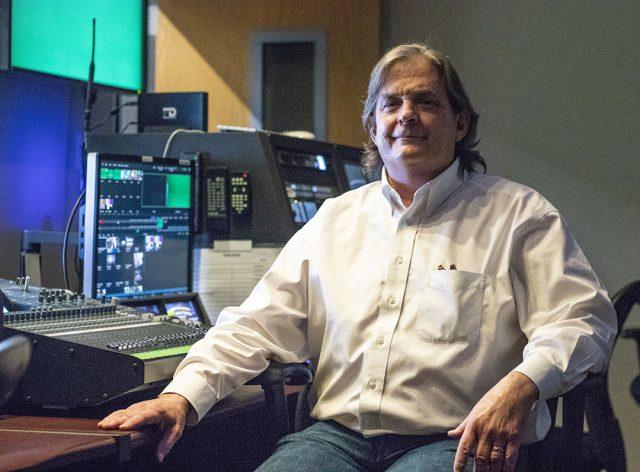By JW McNay/managing editor
Don’t believe everything you hear or read … except, of course, for the words below.
Questioning and challenging information is key to both critical thinking and healthy skepticism. And this process should be encouraged to make better sense of the world around us. Knowledge is power.
However, people often come to diametrically opposed conclusions even when the facts are clear. For instance, a recent study described Tarrant County as an anti-vaccine hotspot, according to the Fort Worth Star-Telegram. Asking whether or not vaccines are safe isn’t inherently bad, but how can a reasonable question lead to an unreasonable conclusion?
Unfortunately, there is too much information to experience it all firsthand, and a single person cannot go through it all. This leaves us to make conclusions with limited information or base them on trustworthy sources.
Determining which sources are trustworthy is a decision-making process of its own. This is where skepticism can go from healthy to unhealthy quickly when the focus is placed on questioning motives instead of looking at the underlying evidence.
The Centers for Disease Control and Prevention, World Health Organization and U.S. Department of Health and Human Services are just a few of many organizations outlining the safety and importance of vaccines on their websites. But why should we trust them? Any question is fair to ask, but simply asking it is not proof of anything.
Dismissing the value of evidence because some ulterior motive might exist is where healthy skepticism can quickly become ridiculous. For example, pharmaceutical companies could be pushing vaccines to make money. Regardless of whether that’s true or not, it doesn’t disprove evidence surrounding the effectiveness of vaccines.
People should have the right to live their lives as they choose and come to any conclusion they want as long as it is not harmful to anyone else. The decision to not vaccinate increases the risk of outbreaks and slows down eradicating preventable diseases.
While healthy skepticism has its place, let’s not use it to make the world more unhealthy.
































